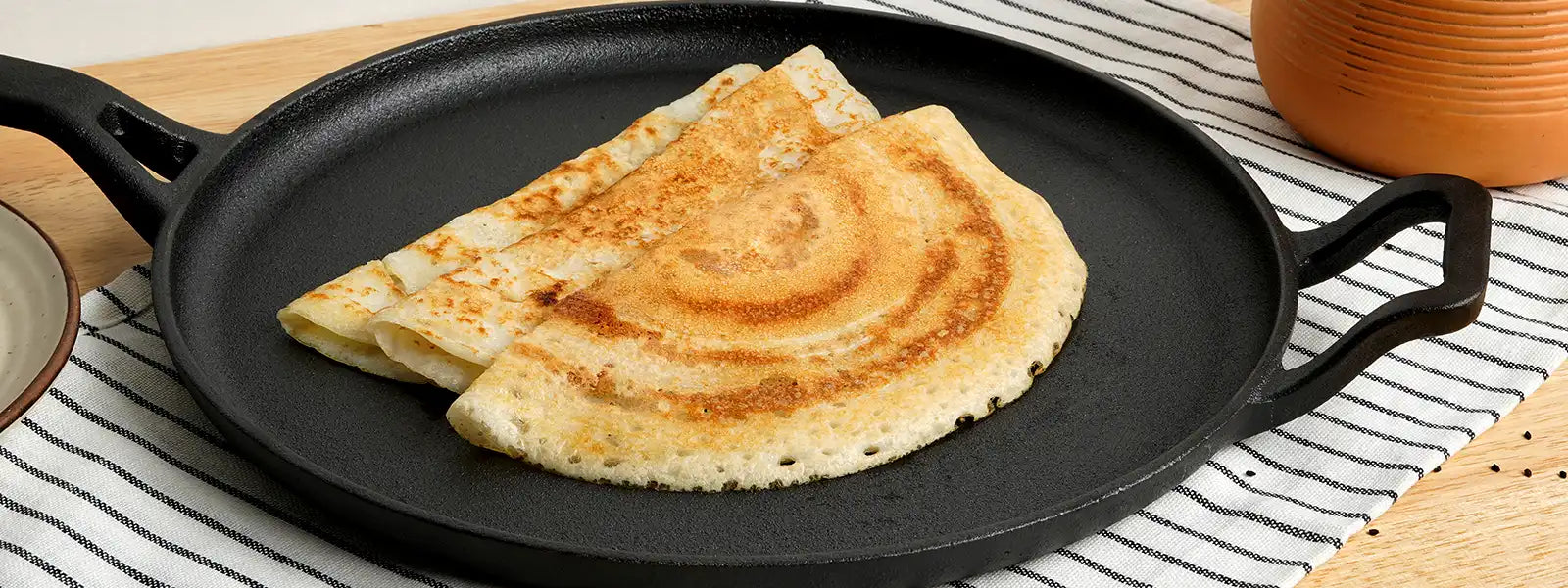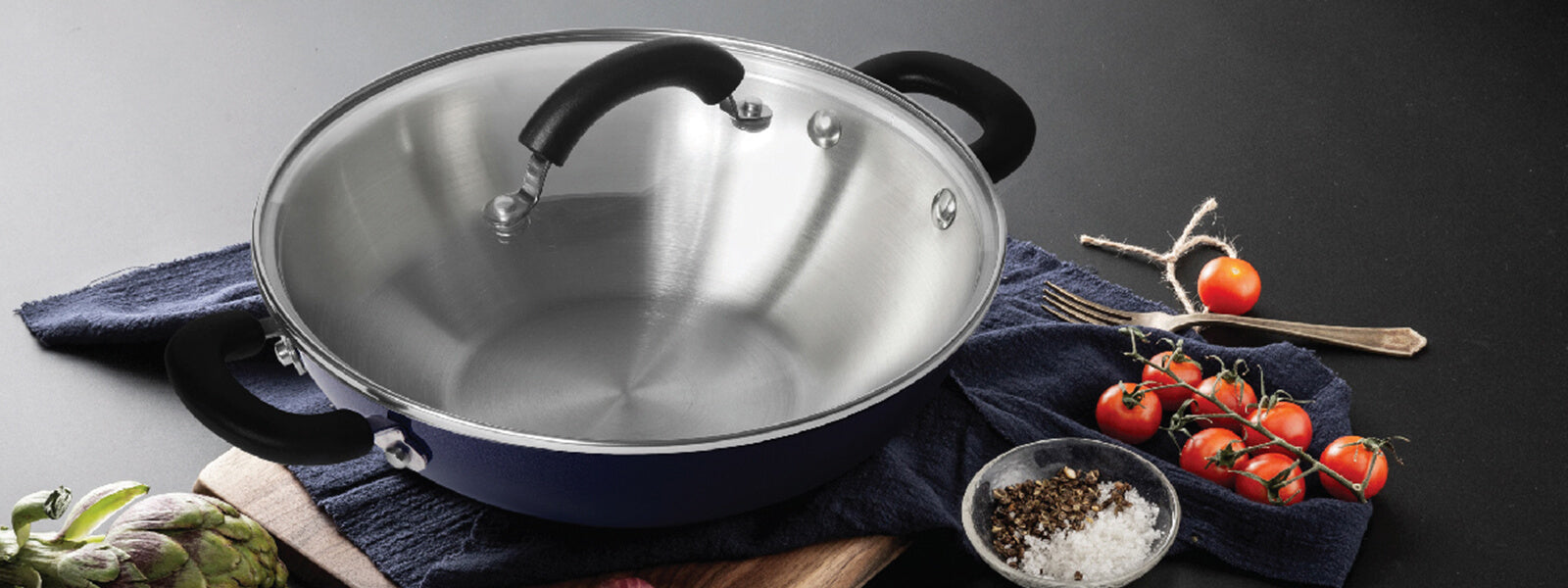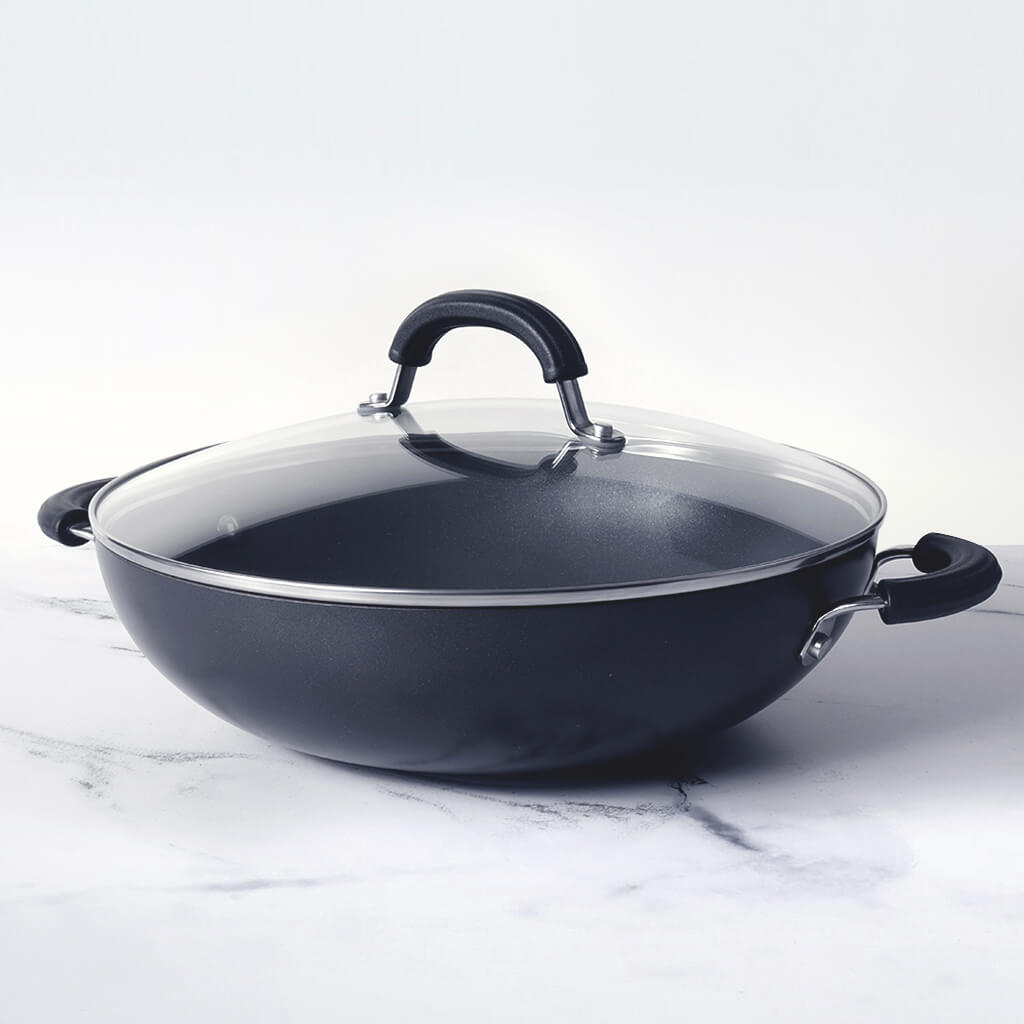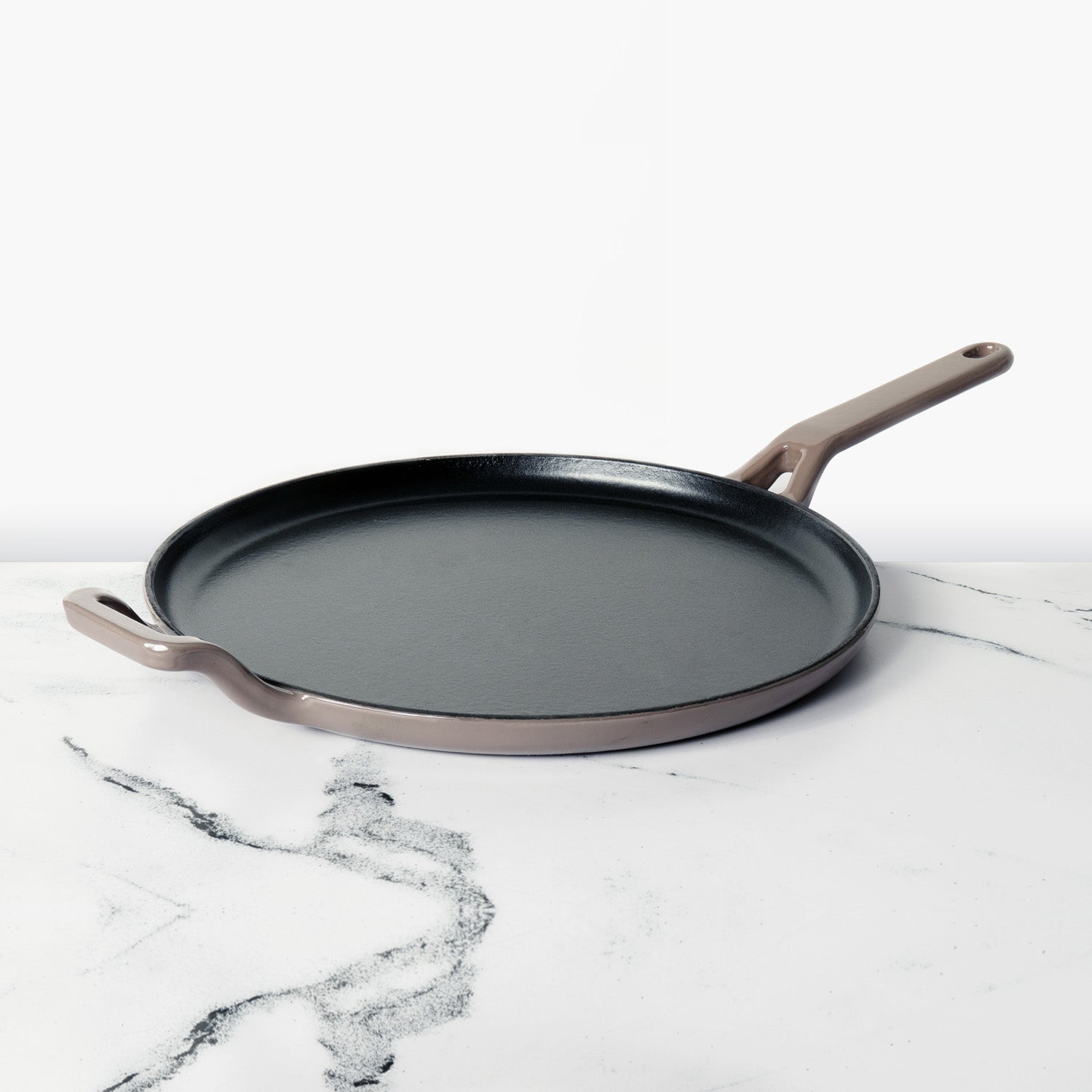Calendula is a plant that has been used for millennia as a decorative, culinary, cosmetic, and medicinal ingredient. One of the best herbs, calendula may be used orally but is most frequently used topically. This flower is now widely used in skin care and natural health products.
Calendula flowers are not just beautiful; they also have medical benefits. With its antibacterial, antiplaque, analgesic, and antiviral qualities, calendula offers you several health advantages. They have an astringent impact and are also high in antioxidants. Many claim that this flower is the twin of the marigold.
Table of Contents
About Calendula Flower:
Asteraceae is the family of plants that includes calendula (Calendula officinalis), also known as pot marigold. It and field marigold have a close family resemblance, as do their blooms.
This plant's leaves and blooms have been employed in folk medicine. Calendula's therapeutic benefits have also been discussed in Ayurvedic and Unani sciences. It received recognition as a natural medical product from the European Medicines Agency in 2008.
The daisy family (Asteraceae) includes the annual or short-lived perennial plant Calendula officinalis, which is native to the Eastern Mediterranean and southern Europe. In cool, temperate climes, it has been grown for a very long time and is a common garden escapee. It has been used for a variety of culinary and medicinal uses for many millennia. To avoid confusion with marigolds, which are a number of species of Tagetes, this species is sometimes known as pot marigold, English marigold, or Scotch marigold. A similar annual plant with 1" yellow or orange flowers is called field marigold, or C. arvensis, and it is native to southern Europe.
Simple, alternating leaves are found on angular, branching stems that extend up to 2 feet long on the bushy plants. The stems have little hairs covering them. The spatulate or oblanceolate leaves have wavy, rather than serrated, margins. The leaves are also fragrant and sticky, however current cultivars frequently have substantially less amounts of these characteristics.
Although several white and bi-colored varieties have been created, the daisy-like blossoms are mainly brilliant orange or yellow. The 2-3" wide monoecious blooms have both ray florets and disc florets and are either male or female, however both sexes can be found on the same plant. The blooms on the plants are suitable for cutting and bloom for a considerable amount of time, virtually continually until the first hard frost.
Health benefits of Calendula Flower:
- It reduces inflammation.
So many annoying skin conditions can be brought on by inflammation. Your pimples, rosacea, eczema, sensitivity, and even a breakdown of collagen can be attributed to inflammation. Calendula has calming properties that can help with all of these inflammatory skin disorders. The high concentration of flavonoids, saponins, and triterpenoids in calendula flowers is what gives it its anti-inflammatory qualities. These enable calendula to stop histamine production, which can result in inflammation, discomfort, allergies, and redness. Calendula is also moderate enough to be used in conjunction with other acne-fighting substances like salicylic acid and benzoyl peroxide without drying out your skin.
- It moisturises well
You've probably heard about the advantages of an essential fatty acid-rich diet for your health. The linoleic acid included in calendula oil or extract is one of those important fatty acids, and it can nourish your skin. They let your skin cells absorb nutrients and retain water for a longer period of time, which is fantastic for those who have dry skin all the time. In other words, using products containing calendula can result in skin that is smoother, supplier, and better nourished.
- It may shield your skin from aggressors outside.
Calendula ability to calm the skin is attributed to the same flavonoids that also provide it superior protection. Strong antioxidants like flavonoids work to shield your skin from the harm caused by free radicals. If you want a reminder, Free radicals are very harmful chemicals that may cause havoc on your skin, according to dermatologist Dendy Engelman, MD, of NYC. They are erratic and looking for a lost electron. Other molecules become unstable as a result of free radicals stealing their electrons. Antioxidants, like the flavonoids in calendula extract, team up with these free radicals to effectively neutralise them before they can cause harm that results in premature ageing (such as an increase in fine lines and wrinkles), hyperpigmentation, and dullness.
- It maintains healthy skin.
Calendula has been a go-to component for wound healing for hundreds of years. Calendula really considerably sped up the healing process for C-section scars, according to one research. In comparison to those getting regular medical care, the ladies who used calendula ointment noted that their wounds were less inflamed and red. Calendula has the capacity to stimulate blood flow and oxygen to the skin, which gives it its healing powers. Your skin will receive more nutrients thanks to the improved blood flow, which will help it perform better and consequently look its best.
- It helps to tighten skin.
The nourishing properties of calendula assist to plump the skin's surface temporarily, giving you firmer, more supple skin. Anti-inflammatory and antioxidant capabilities work together over time to safeguard your skin's collagen and elastin supply.
How to use calendula to improve hair and skin?
Using a calendula tincture or essential oil will provide you with all the above-mentioned advantages of calendula. Just keep in mind to combine any essential oils you use with a carrier oil first, such as coconut or jojoba. Your skin will be shielded from any irritation that an essential oil can cause. A calendula lotion or other skincare item can also be incorporated into your regular regimen.
Calendula oil, which is rich in antifungal ingredients, works wonderfully to stop dandruff, flaking, and itching and provide a smooth, clear scalp. Lactic acid, which is abundant in yoghurt and eliminates dead skin cells from the scalp, and proteins, which nourish follicles and encourage the growth of strong, thick, and glossy hair, are also found in yoghurt. Lemon juice, which naturally contains acid, maintains the ideal pH of the scalp by avoiding the accumulation of extra oil, debris, chemical residues from hair care products, bacteria, and pollutants for a healthy mane.











Leave a comment